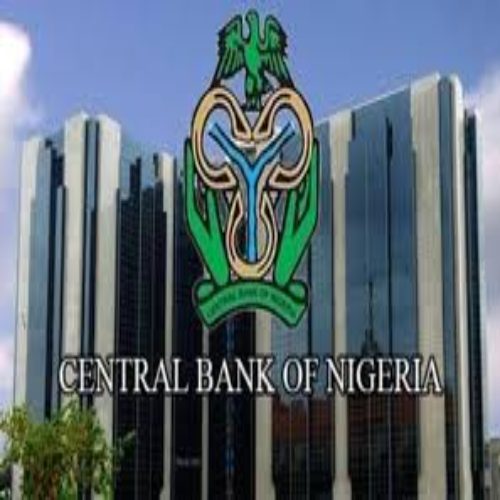
In October 2019, MTN Nigeria introduced a ₦4 charge for customers using Unstructured Supplementary Service Data (USSD) to conduct bank transactions. This marked a new phase in the ongoing dispute between banks and telecommunications companies over who should shoulder the cost of USSD. Initially, the agreement was for banks to pay for these sessions, estimated at ₦12 each, and then settle with the telecoms. However, the banks objected, pushing for customers to be directly charged instead.
After lengthy discussions, the Nigerian Communications Commission (NCC) intervened with a pricing cap, determining that a typical USSD session, which lasts about 20 seconds, should be priced at ₦4.98. Despite this, when MTN began charging customers, the NCC suspended the charges, claiming it had not been informed. This triggered over two years of negotiations, culminating in an official decision to set the cost at ₦6.98 per transaction.
A joint statement from the NCC and Central Bank of Nigeria (CBN) highlighted that this new pricing structure, which replaces the per-session fee model, will offer more predictable costs for customers, aiming to support financial inclusion. The statement also emphasized that the fee will remain fixed, regardless of how many sessions a user completes in a single transaction.
The Journey to New Charges
In December 2019, the Association of Licensed Telecommunications of Nigeria (ALTON) warned that it might shut down USSD platforms due to uncertainty over who should bear the cost. While telcos had always wanted to charge the banks, CBN Governor Godwin Emefiele opposed this, arguing it would increase costs for financial institutions. Emefiele believed that telcos should ideally provide the service at minimal or no charge, particularly as banks are the ones that drive the telecoms’ business.
This stance from Emefiele contradicted the fact that banks, like other service providers, charge customers for their offerings, thus creating a justification for telecoms to charge banks for USSD use. In the end, a resolution was reached where customers, rather than banks or telecoms, would bear the brunt of the cost—₦6.98 per transaction, a structure that might be more affordable than MTN’s 2019 model, which billed users per session. However, this new fee structure raises concerns about its effect on financial inclusion in Nigeria.

USSD and Financial Inclusion
USSD has played a crucial role in expanding financial inclusion in Nigeria, especially given that 60% of Nigerians still use feature phones, and 3G internet only became dominant in 2020. USSD provides a vital means for conducting financial transactions without the need for internet access, which is essential for those with limited access to data services. In fact, in June 2020 alone, the total value of transactions made via USSD was ₦390 billion.
Given its importance, many are worried that the new fee could limit access for lower-income users. A banker, speaking on condition of anonymity, explained that USSD has two types of users: higher-income individuals who conduct large transactions, and lower-income individuals who mostly buy airtime. For low-income users, even a ₦6.98 charge for small airtime purchases could significantly impact their financial activity, as it could reduce how often they use the service.
Another banker shared concerns that the new fees might discourage people from using USSD at all. “We expect a decline in usage, and this could hamper financial inclusion, especially among people who rely on USSD for basic transactions,” they said.
Ultimately, the full impact of the new fee on USSD adoption will be revealed by data from the Nigeria Inter-Bank Settlement System (NIBSS), which monitors the nation’s financial transactions.


